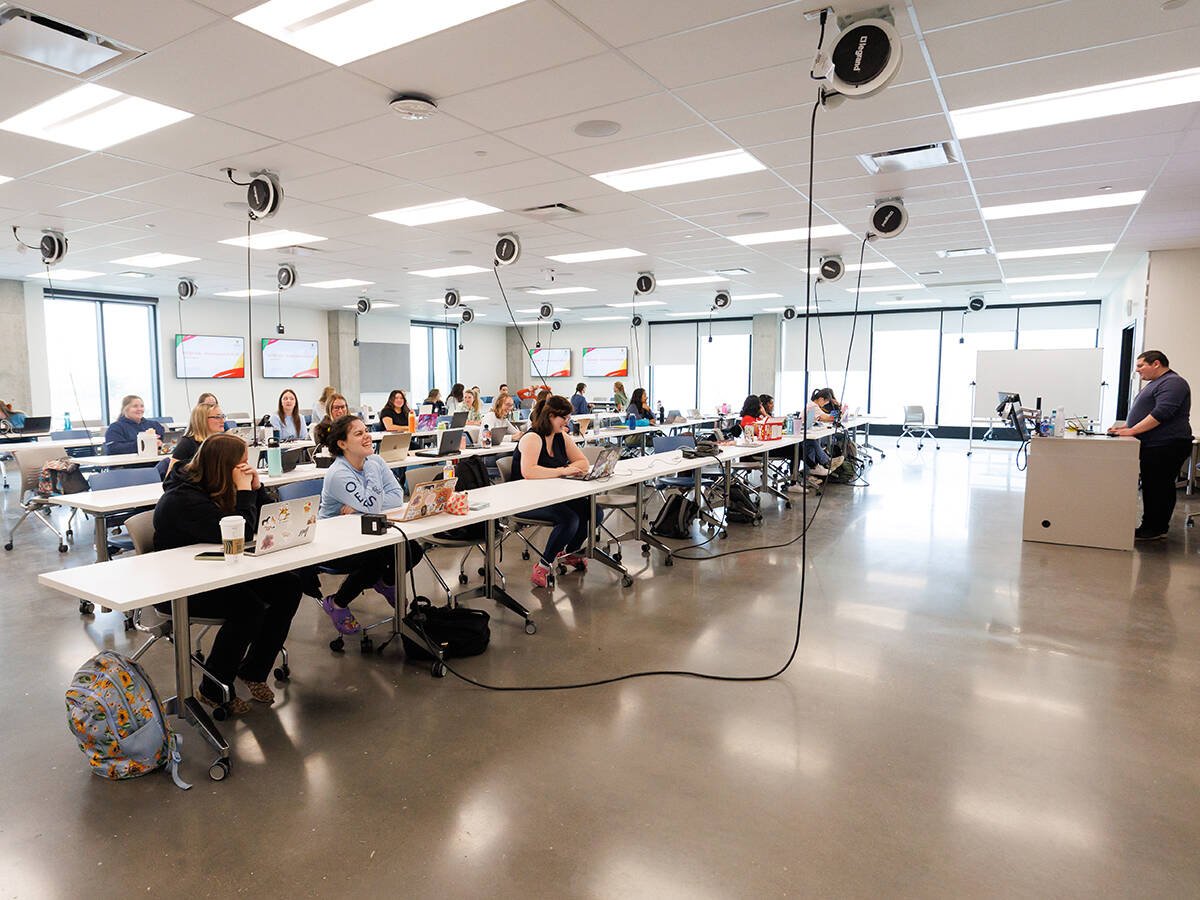It is 20 years since the Supreme Court of Canada, in a 5-4 decision, told Sue Rodriguez of British Columbia that she did not have the right to get help in ending her life.
Rodriguez was suffering from a terminal condition in which she would soon lose her ability to swallow, speak, walk and move her body without assistance.
Her claim was based primarily upon Section 7 of The Charter of Rights and Freedoms, which addresses life, liberty and security of the person. Section 241(b) of the Criminal Code states that anyone who aids or abets a person to commit suicide is guilty of an indictable offence and is liable to imprisonment for up to 14 years.
Read Also

Veterinary college expands to meet need
Alberta government invests nearly $70 million at University of Alberta to double student capacity of veterinary program to address provincial shortage of professionals in the field to aid many sectors including agriculture for livestock.
The fact that the Supreme Court was so divided at that time is not surprising. The court struggled with all the issues around the sanctity of life, the possibility of abuse and the deep ethical concerns around assisted suicide.
This case is worth looking at and can be found online at the Canadian Legal Information Institute’s website at www.canlii.org. The citation for the Rodriguez case is [1993] 3 S.C.R. 519.
The Province of Quebec recently tabled Bill 52, An Act Respecting End-of-Life Care. A lot of information is also available online about this bill, which was introduced in June. Much of its content and philosophy is derived from what is being done in European countries.
Assisted suicide was discussed at the recent provincial and territorial health ministers meeting, and it was also at the centre of a recent court case in British Columbia: the Gloria Taylor case.
One of the most moving and persuasive arguments in favour of considering doctor assisted suicide is from Dr. Donald Lowe, who had earlier been known as the voice of the SARS crisis in Ontario 10 years ago.
His video, filmed eight days before his death, is a heartfelt and straightforward discussion of the issue from someone who was in the middle of the situation, understood the issues as a physician and had the courage to talk about how he felt.
The video can be viewed online.
Assisted suicide is an issue that all of us will be called upon to think about and struggle with. It is not by any means an easy issue, but it is one upon which our elected officials will need our reasoned opinions and input.
One of the most difficult realities of the assisted suicide debate is that people like Sue Rodriguez do not have the same natural ability as do most of the rest of us. Those of us who are able-bodied have the right and the ability to end our lives at any time if we chose to do so.
However, because of their illness, they have lost the actual physical ability to end their lives and therefore need assistance should they make that choice.
The law as it now stands prevents people like Rodriguez from having the right that the rest of us have, simply because they are physically disabled. As well, their dire situations mean that their reasons for wanting to end their own lives may be more profound than those of most able-bodied people.
The real concerns of potential abuse must be kept front of mind, as must the voices of those who say doctor-assisted suicide will be-come a solution that will be a substitute for meaningful, effective palliative care.
However, this debate is before us again, and it is something all of us should consider with an open mind, and compassion.














